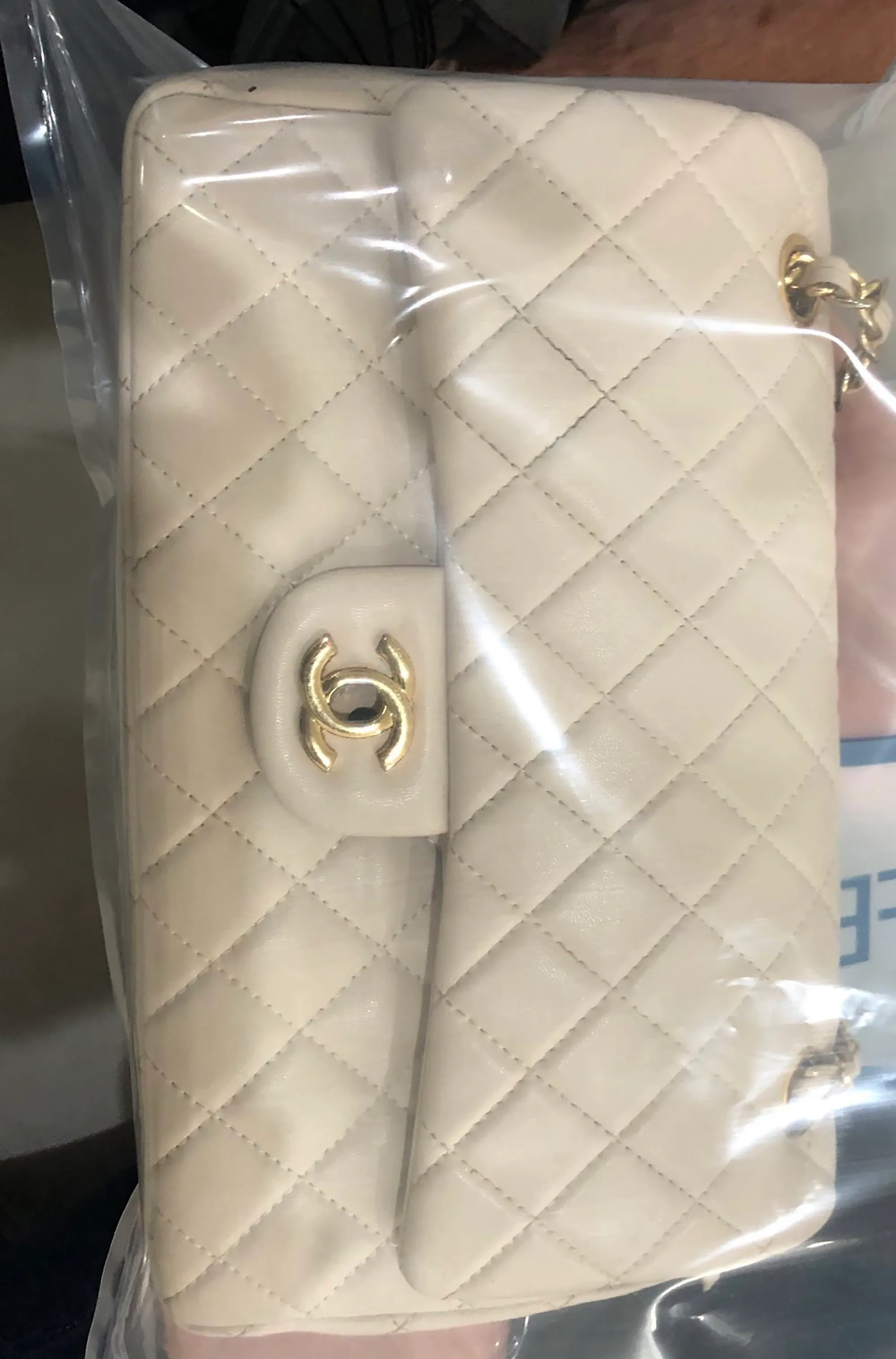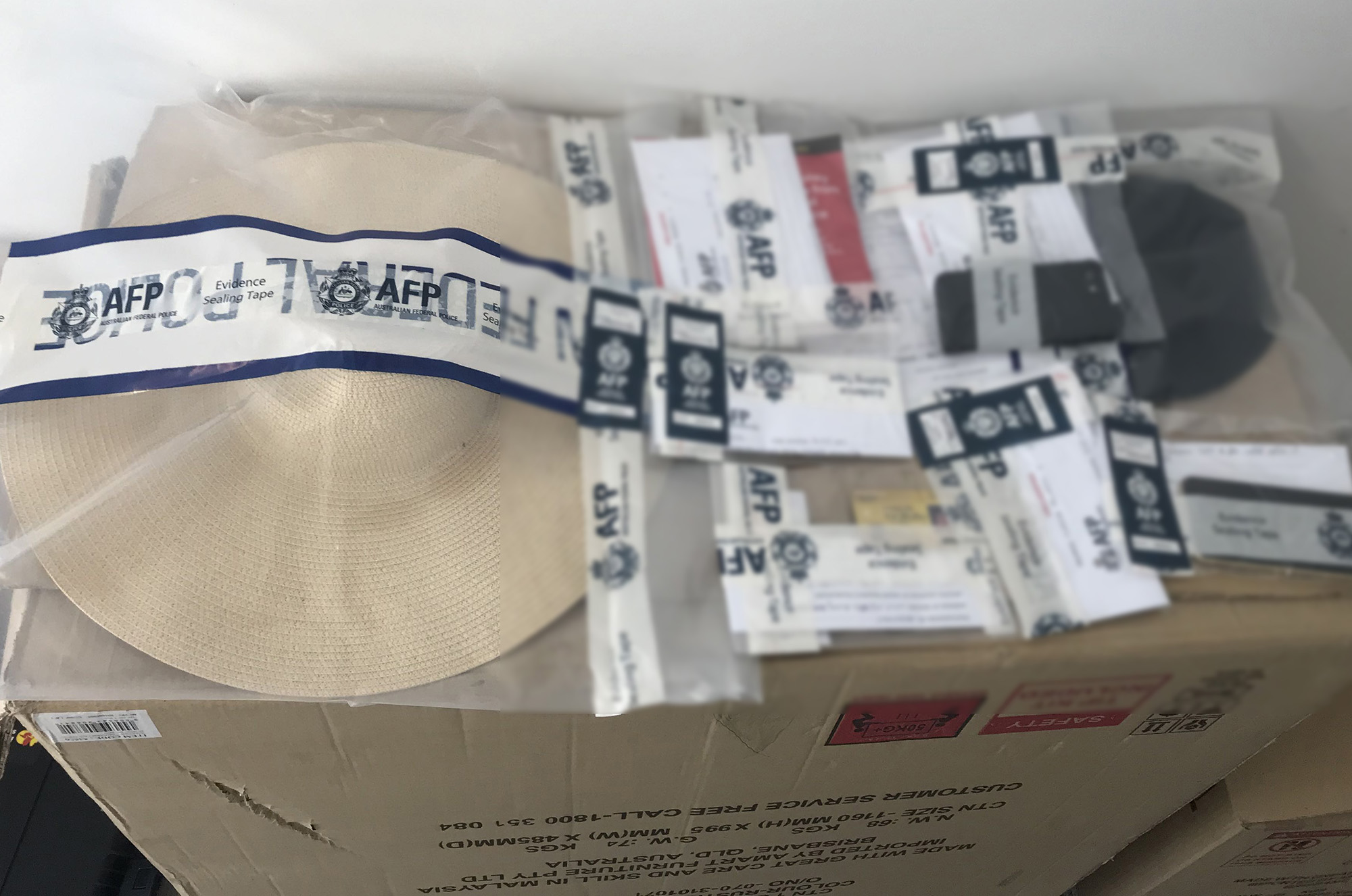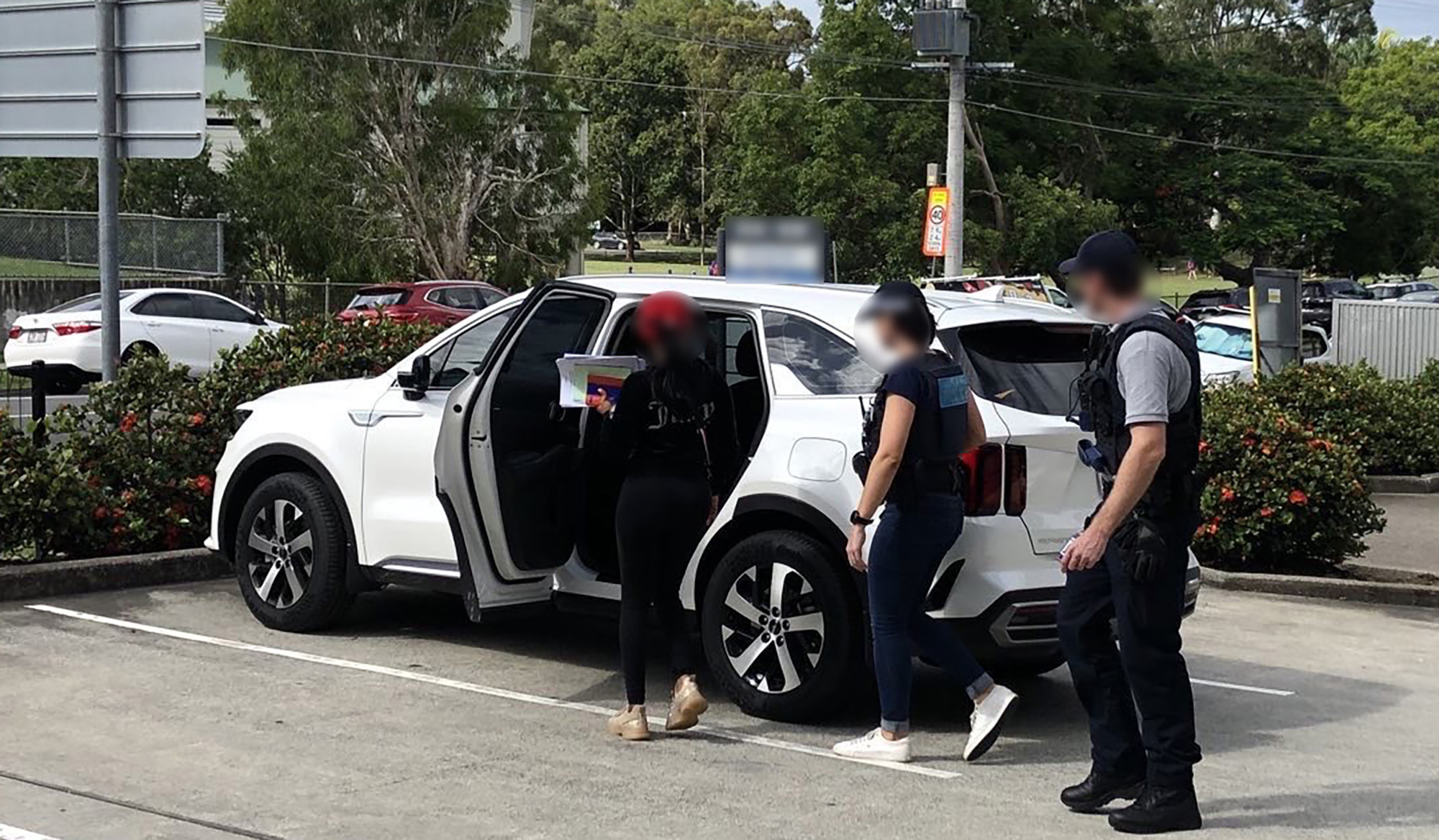GLOBAL ORGANISED CRIME
South Africa linked to Australian cybercrime after crackdown on stolen identities and money laundering

Four suspected cybercriminals were arrested in Australia last week in a police operation there that suggests money, amounting to nearly R14-million, was laundered to South African bank accounts. Fake passports, luxury handbags and international driver’s licences were also seized.
Suspected members of a cybercrime syndicate with a base in Australia allegedly worked with associates who sourced and altered identity documents from South Africa for them to use.
Those in Australia are accused of using the documents, some belonging to Australians in South Africa, to open fraudulent bank accounts in their country.
The suspects are also believed to have laundered about AU$1.1 million (nearly R14-million) to other bank accounts in South Africa.
This country has previously been flagged as a global cybercrime hotspot — in 2021 an Interpol report said that South Africa had the third-highest number of cybercrime victims in the world.
Last week, on Friday 24 March, the Australian Federal Police (AFP) announced the arrests of four suspects, whose names were not released, and some details associated with the cybercrime crackdown case.
Two women were arrested in Brisbane, a man in Melbourne and another in Adelaide.

Fake passports and designer handbags were among the items confiscated when four suspected cybercriminals were arrested in Australia last week. They have alleged links to South Africa. (Photo: Australian Federal Police)
Luxury handbags and stolen identities
The AFP’s cybercrime operations commander Chris Goldsmid said the syndicate was involved in a range of scams, including using Facebook Marketplace, where, for example, they sold items that did not exist.
Investigations into the syndicate, that was still active up until earlier this month, were ongoing.
In a statement, the AFP said aside from documents, some high-end goods, allegedly purchased with the proceeds of crime, were confiscated when the suspects were arrested.
“Investigators seized fake passports, international driver licences and luxury handbags,” it said.
A photograph of some of the confiscated items showed a cream Chanel handbag.
The statement added: “[Investigators] also seized digital devices that will be subject to further forensic examination.”
It said that the four arrested suspects allegedly laundered a total of AU$1.7-million cash stolen from victims based in Australia and other countries.
“The AFP alleges the syndicate orchestrated more than 15 sophisticated cybercrime incidents between January 2020 and March 2023 and set up more than 80 bank accounts with stolen identities to help transfer the money out of Australia,” the statement said.

Four alleged cybercrime syndicate members were arrested in Australia last week. They are suspected of laundering millions of rands to South Africa. (Photo: Australian Federal Police)
Victims in South Africa
Police officers started investigating in October 2021 after an Indonesian business lost more than AU$100,000 in a business email compromise attack.
“The four individuals allegedly operate about 180 bank accounts to facilitate thefts from their victims and then transfer and launder their profits,” the AFP’s statement said.
“About $1.1 million was allegedly laundered to bank accounts in South Africa, where the group was working with associates who sourced legitimate identity documents and altered the photographs and birth dates so Australian syndicate members could use them.
“The majority of documents belonged to victims residing in South Africa, some of whom were Australian citizens.”
Australian authorities were working to close the fraudulent bank accounts.
Black Axe and Operation Jackal
While it was not immediately clear which organised crime group the syndicate was linked to, Australia and South African were previously flagged in terms of Black Axe.
Daily Maverick has before reported how some authorities view Black Axe, also known as the Neo Black Movement of Africa, as a cult — and how it appears to have a stronghold in South Africa.
Suspected Black Axe members have been accused of being online scamsters, also using business email compromise scams.
In October last year, Interpol announced that a cybercrime investigation, codenamed Operation Jackal, involving 14 countries including South Africa and Australia, was targeting Black Axe and related West-African crime groups.
US and Cape Town
Prior to that, in late 2021, South Africa’s Hawks announced eight suspected Black Axe online scammers had been arrested in Cape Town during a joint operation with the US’s Federal Bureau of Investigation.
In what appears to be an update in that ongoing case, another suspect, Andrew Suarez of New Jersey in the US, was charged in connection with Cape Town-linked Black Axe allegations in October last year.
The Suarez matter appears to mirror allegations that surfaced in Australia last week — that of cybercriminals using bank accounts linked to South Africa to launder money.
An indictment against Suarez said: “[He] opened several US bank accounts through which he and… money laundering co-conspirators could launder money obtained through business email compromises and other fraudulent schemes…
“Suarez and the money laundering co-conspirators wired the illegally obtained proceeds to bank accounts in Cape Town, South Africa”.
One of the bank accounts, the indictment said, was held in the name of the Abravoo Trading Company.
Daily Maverick established that as of November last year, the company, with an address in the Cape Town suburb of Table View, was in the process of liquidation.
US authorities previously alleged that an individual named Enorense Izevbigie was associated with Abravoo Trading and was a leader of Black Axe in Cape Town involved in internet scams. DM
Caryn Dolley has spent years tracing the footprints of crime/drug kingpins from across the world. In her latest book, Clash of the Cartels, Dolley provides unprecedented insight into how specific drug cartels and syndicates have operated via South Africa, becoming embroiled in deadly violence in the country and bolstering local criminal networks. Available now from the Daily Maverick Shop.




















 Become an Insider
Become an Insider
SA crime hub of the world?